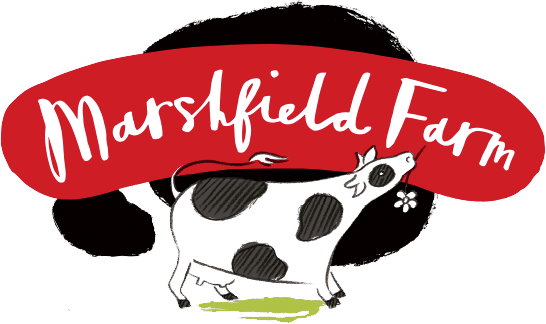Our Packaging
As sustainable farmers, we want to ensure that we leave our fields better than we found them. Our brand has a unique advantage in the ice cream industry with complete control over the quality of our product, from the highest welfare for our cows to the sustainable practices used in our factory and on the farm.
We have always been passionate about the environment and the need to preserve it. We strive to create moments of happiness and this is reflected in our packaging. We are constantly working to provide you the best option with the knowledge we have now and the waste infrastructure.
While we would love to give you the ice cream fresh from the farm, we supply thousands of accounts across the country that rely on packaging that maintains the quality and longevity of our ice cream.
Our Mini Tubs and Pops
Like most in our industry, we currently use plastic-lined paperboard for our signature black-and-white cow print tubs (125ml ‘mini tubs’, 180ml tubs, pops and 80ml tubs). We choose this material for several reasons: it uses less plastic than fully plastic tubs, and it helps our ice cream stay fresh for longer.
All our tubs are 100% recyclable. Every UK council has facilities for recycling plastics, paper, and cardboard — but the exact process varies by location. You can check your local recycling guidelines on the Recycle Now website.
Because the plastic coating in our tubs is below 15% of their total weight, they can be recycled with paper or cardboard — provided they’re completely clean (yes, every last drop of ice cream gone!).
The spoons in our mini tubs are made from wood and can go straight into food waste bins.
Moving forward
We’re always looking for ways to make our packaging as sustainable as possible, while keeping our ice cream fresh, affordable and of course packaging which is functional for our customers. That means exploring new materials, trialling innovative ideas, and working closely with our packaging partners to see what really works — not just in theory, but in the real world.
The reality is that any packaging solution has to balance sustainability with performance and cost, and it also has to work within the UK’s current recycling infrastructure. We’re keeping a close eye on emerging technologies, from plant-based linings to edible tubs (yes, we’ve even made one!), and we’ll keep adapting as the best options become available.
In the meantime, we encourage everyone to reduce, reuse, and recycle wherever possible — every little bit helps.

